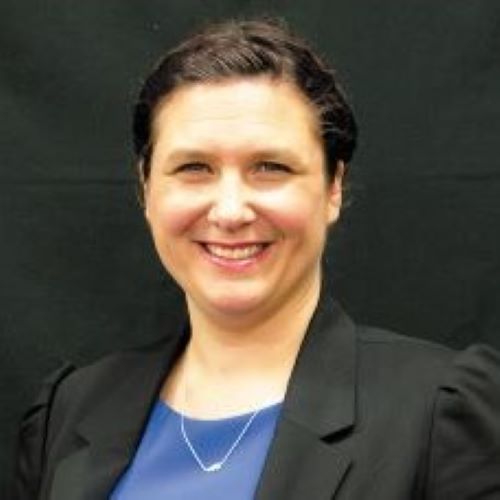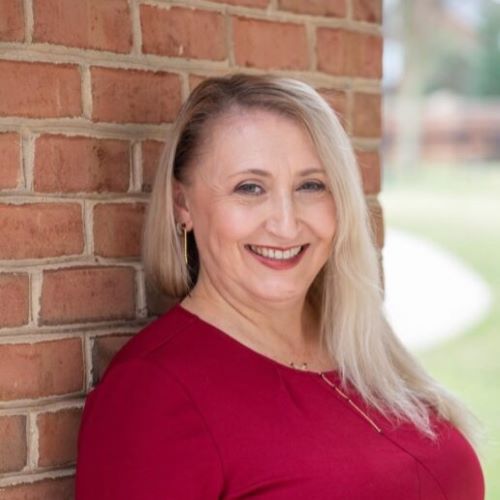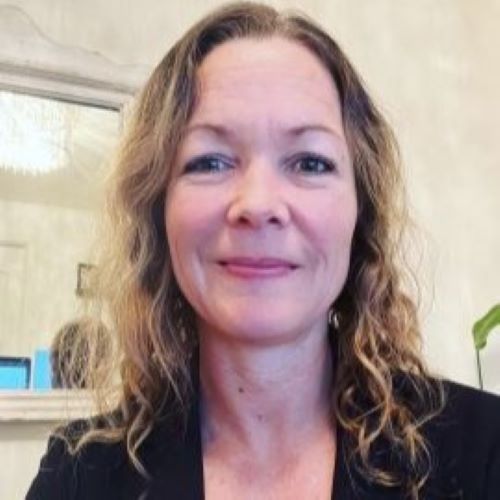Buy This Course
OnDemand Video
Video Download
Course Book Download
or
Overview
Case Law and Statutory Law, the Investigation Process, and More
From tips for hunting down additional background information to tactics for sidestepping common legal writing landmines, take your skills up a notch! In this paralegal-focused course, our experienced faculty reveal creative techniques and useful resources for conducting legal research and crafting legal documents. You don't want to miss this program - register today!
- Gain advice for navigating websites for statutes or case law searches.
- Develop strategies for finding background information and locating people.
- Discover the fundamentals of legal writing.
- Uncover the risks of using ChatGPT and other forms of generative artificial intelligence (AI) for legal writing.
- Identify the top legal writing mistakes paralegals make.
*Any mention of specific products in this program is intended as part of a general overview and does not constitute IPE's endorsement or recommendation of any specific product or provider. This program is not sponsored by any technology or electronics provider.
Abbreviated Agenda
- Overview: Goal Setting and Investigation Process
- Top Tips for Locating People and Finding Background Information
- Legal Writing Fundamentals
- Case Law and Statutory Law
- Risks in Using Artificial Intelligence for Legal Writing and Research
- Top Dangers in Legal Writing (Grammar, Punctuation, etc.)
- Paralegal Ethics
Credit Details
Credits Available
| Credit | Status | Total | Until |
|---|---|---|---|
| California MCLE Paralegal |
|
6 Total | 01-24-2026 |
| Indiana Paralegal CLE |
|
6 Total | |
| Montana CLE Credit for Paralegals |
|
6 Total | 01-24-2026 |
| Texas State Bar of Paralegal Division |
|
6 Total | 01-24-2026 |
Select Jurisdiction
Paralegal
Agenda
-
Overview: Goal Setting and Investigation Process
-
Top Tips for Locating People and Finding Background Information
- Strategies for Locating People Online and Other Internet Research Tips and Tricks
- Arrest and Criminal Records
- School Records
- Property Records and Past Residences
- Investigating Attorneys and Judges; Researching Witnesses
- Investigating Businesses
- Administrative Agencies and Court Clerks; Government Internet Resources
- Helpful Online Databases, Search Engines, and Resources (Westlaw, LexisNexis, etc.)
-
Legal Writing Fundamentals
- Legal Writing vs. Other Forms of Writing
- Fact-Checking Everything
- Legal Correspondence
- Legal Brief and Memo Writing and Analysis
- Subpoenas
- Making Forms Do the Work: Legal Best Practices
-
Case Law and Statutory Law
- Combing Through U.S. Code and/or State Statutes
- Navigating Common Websites for Statute or Case Law Searches
- Reading and Understanding Cases
- Legal Citation Do's and Don'ts
- Verifying That the Case Is Still Current
- Controlling vs. Persuasive Cases
-
Risks in Using Artificial Intelligence for Legal Writing and Research
-
Top Dangers in Legal Writing (Grammar, Punctuation, etc.)
- Top English and Legal Writing Grammar, Punctuation, and Capitalization Errors
- Dropping the Ball on Proofreading
- Citation and Organization Issues
- Addressing Substantive Mistakes
- Problems With Plagiarism
- Top 5 Legal Writing Perils
-
Paralegal Ethics
- Conflicts of Interest
- Avoiding UPL in Investigations
- Preserving Confidentiality
- Handling Borderline Unethical Instructions
Who Should Attend
This intermediate level program is designed to provide attendees with the skills they need to conduct research and write effective legal documents. Those who should attend include:
- Paralegals
- Legal Technicians
- Legal Assistants
- Legal Support Staff
Speakers



Speaker bio

Katie Brown
is the Associate Dean for Information Resources at Charleston School of Law. Her research and scholarship interests are in the areas of intellectual property, acting skills for lawyers, law and literature, management, and a variety of legal research related topics. Ms. Brown has taught specialized, beginner, and advanced legal research courses and seminars on legal technology for practice, art of advocacy, and contracts. She is a very active member of the American Association of Law Libraries (AALL). Ms. Brown has participated in a variety of leadership roles throughout the association chapters and special interest sections. She earned her B.F.A. degree from DePaul University, her master's degree in library and information science from the Drexel University iSchool and her J.D. degree from Seattle University School of Law. In 2024, Katie Brown also received the Inaugural Technology & Ethics Award from the Association of American Law Schools Section on Technology, Law and Legal Education (AALS).
Speaker bio

Kimberley Murphy
is a partner and principal attorney with the law firm Hale Ball Carlson Baumgartner Murphy, PLC, in Fairfax, where she concentrates her practice in the areas of administrative law (professional license compliance), estates and trusts (administration and litigation), and business/civil (litigation). Ms. Murphy is admitted to practice in the Commonwealth of Virginia and before the U.S. District Court Eastern District of Virginia, U.S. Court of Appeals Fourth Circuit, and the U.S. Supreme Court. She earned her B.A. degree from Michigan State University and J.D. degree, magna cum laude, from Michigan State University College of Law.
Speaker bio

Kelli Radnothy
is a litigation paralegal with over 20 years of experience in the legal industry. She runs her own legal professional solutions company, contracting with law firms and non-profit organizations to enhance the delivery of legal services. Kelli works as a Legal Researcher for the Nevada Attorney General's Office and as a course developer and instructor for the University of Washington Paralegal Program. Kelli serves as Treasurer for the Paralegal Division of the Nevada State Bar and as Second VP of Sierra Nevada Paralegal Association. Her passion focuses on advancing the paralegal profession and empowering others to make an impact in their community. Kelli holds a B.S. in Criminal Justice, a paralegal certificate from an ABA-approved program, and an E-discovery & Litigation Technology Certificate.
Top FAQs
When you enroll prior to the live event date you will receive access to the live-streaming webinar which will allow you to interact with faculty in real-time.
With each course, you will receive access to the content via OnDemand Streaming and the Video Download.
Course reference materials are included with each course purchase in a downloadable PDF format.
Courses are available within your account. Simply login to your account and click on My Courses. If you require additional assistance please call our Customer Service Department at 800-793-5274.
Closed captioning is available for all online live courses. Attendees may enable the closed captioning functionality within the event room once they have accessed the event by simply clicking the "cc" button in the lower right of the event room.
Yes, the more people you bring from your organization, the more you save. Please call out Customer Service Department to inquire about savings for your team at 800-793-5274.
The OnDemand Video will be available to stream within 14 days of live broadcast date. You will have access to the content for 6 months in your account.
If you're a subscriber, you'll have access to your course recordings until 7 days after the expiration date of the subscription.
Have more questions? Please Contact Us
